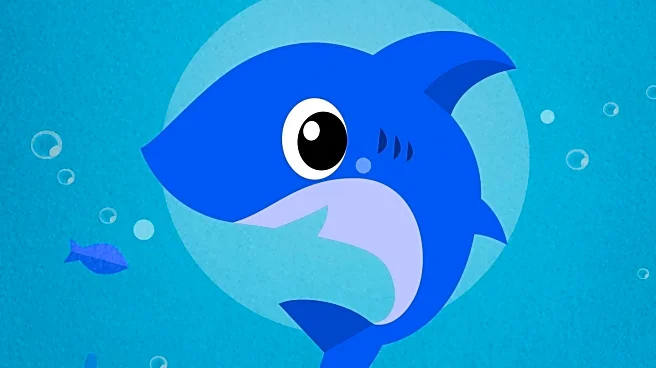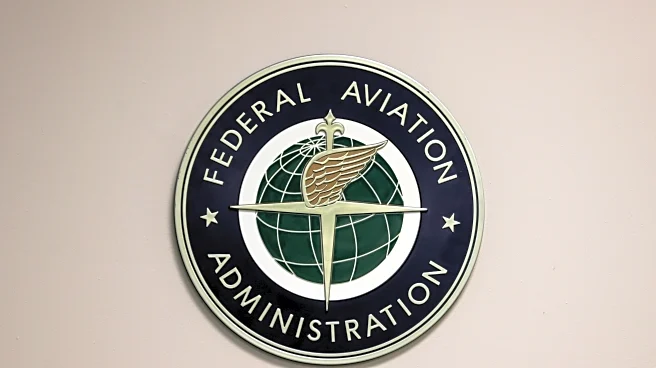What's Happening?
A woman successfully rescued a baby shark that had washed up on an Oregon beach. The incident occurred when the shark was found stranded on the sand, unable to return to the water on its own. The woman intervened
by carefully picking up the shark and returning it to the sea, where it swam away safely. This act of kindness highlights the importance of human intervention in wildlife conservation, especially in situations where animals are in distress and unable to help themselves.
Why It's Important?
The rescue of the baby shark underscores the critical role individuals can play in wildlife conservation efforts. Sharks are vital to marine ecosystems, serving as apex predators that help maintain the balance of oceanic life. Human actions, such as pollution and overfishing, have significantly impacted shark populations, making conservation efforts more crucial than ever. This event serves as a reminder of the interconnectedness of human actions and wildlife health, encouraging more people to engage in conservation activities.
What's Next?
While the immediate rescue of the shark was successful, ongoing efforts are needed to protect marine life from threats such as pollution and habitat destruction. Conservation groups may use this incident to raise awareness about the importance of protecting marine ecosystems and the role individuals can play. Educational campaigns and community involvement in beach clean-ups and wildlife protection initiatives could be bolstered by stories like this, fostering a culture of conservation.
Beyond the Headlines
This incident also highlights the ethical considerations in wildlife interactions. While rescuing animals in distress is commendable, it is important to approach such situations with caution to avoid harm to both the animal and the rescuer. Proper training and awareness can ensure that interventions are safe and effective, promoting ethical wildlife conservation practices.










